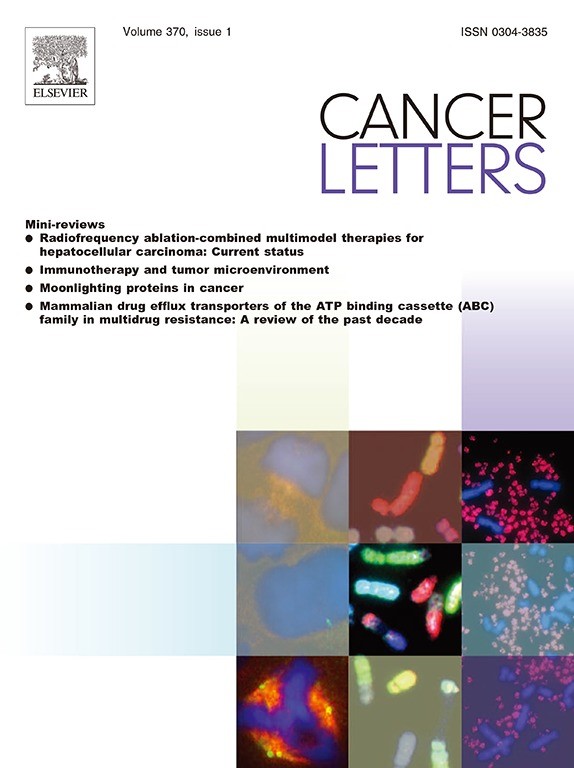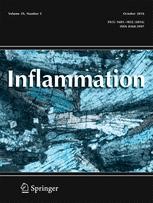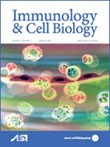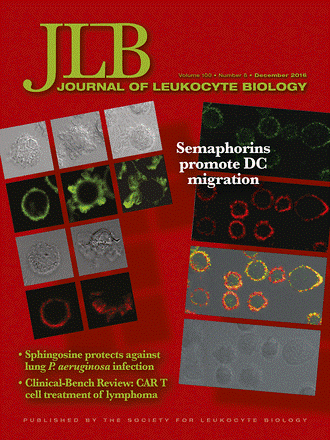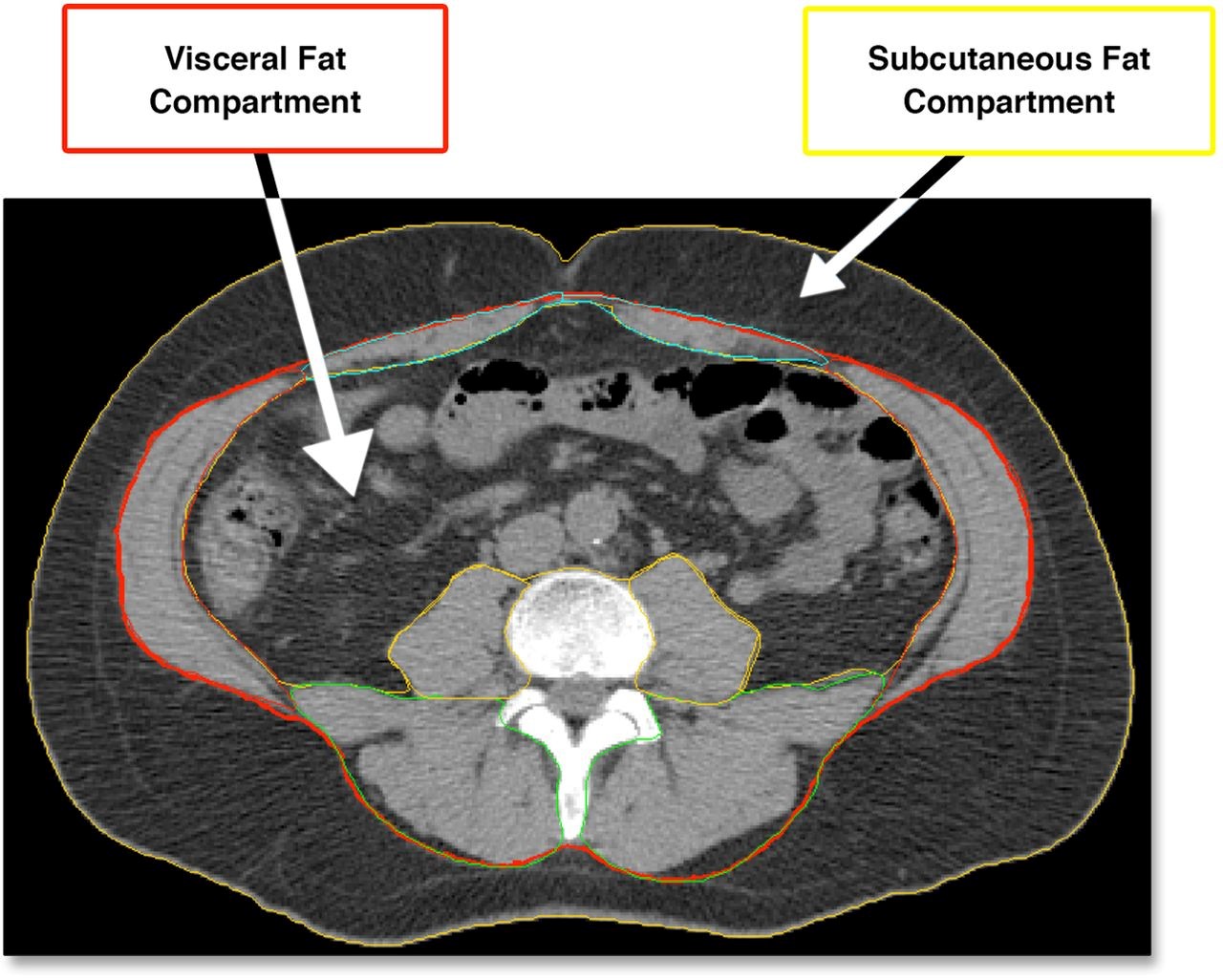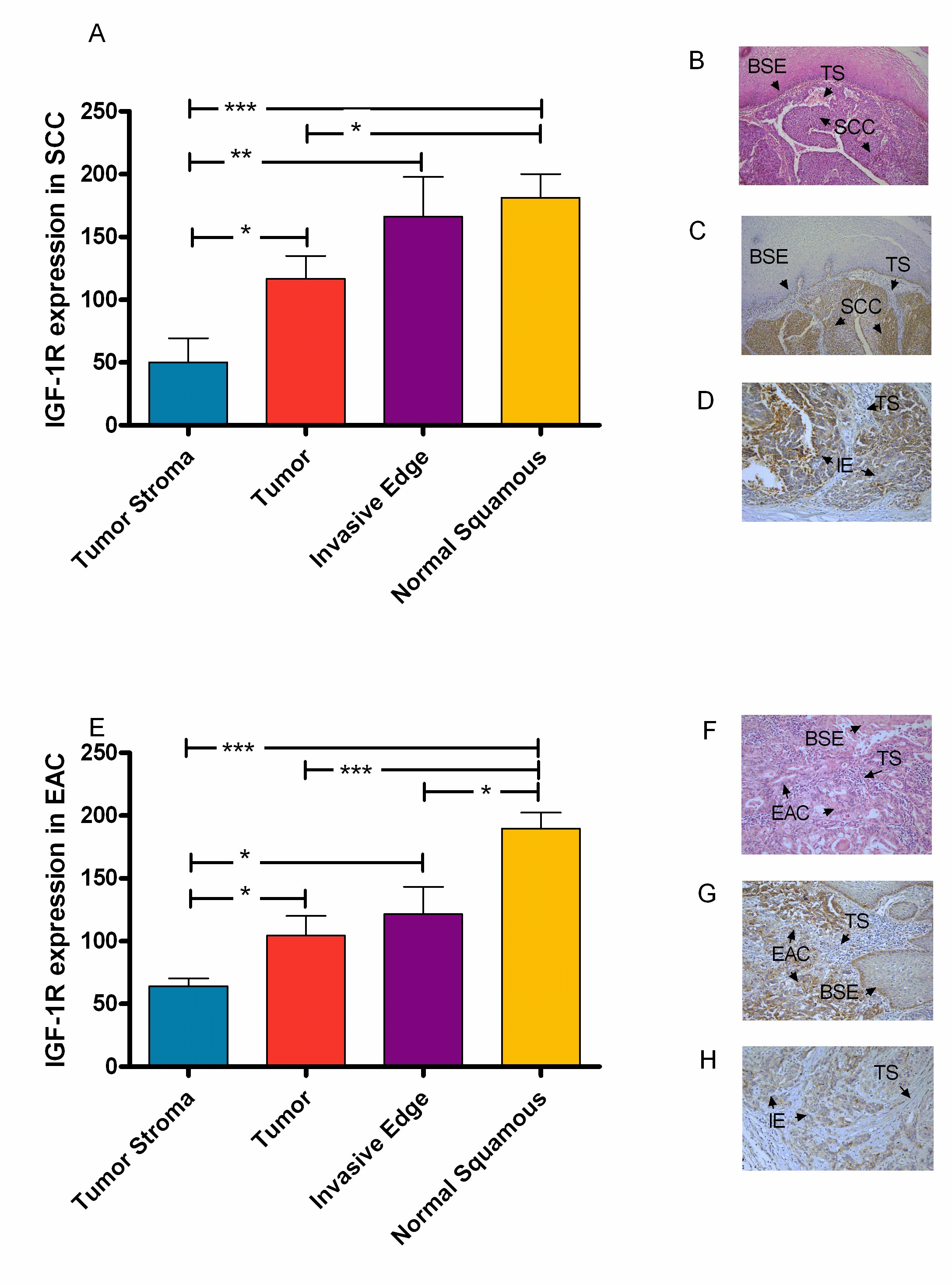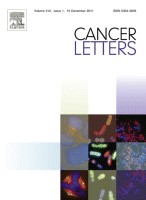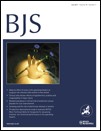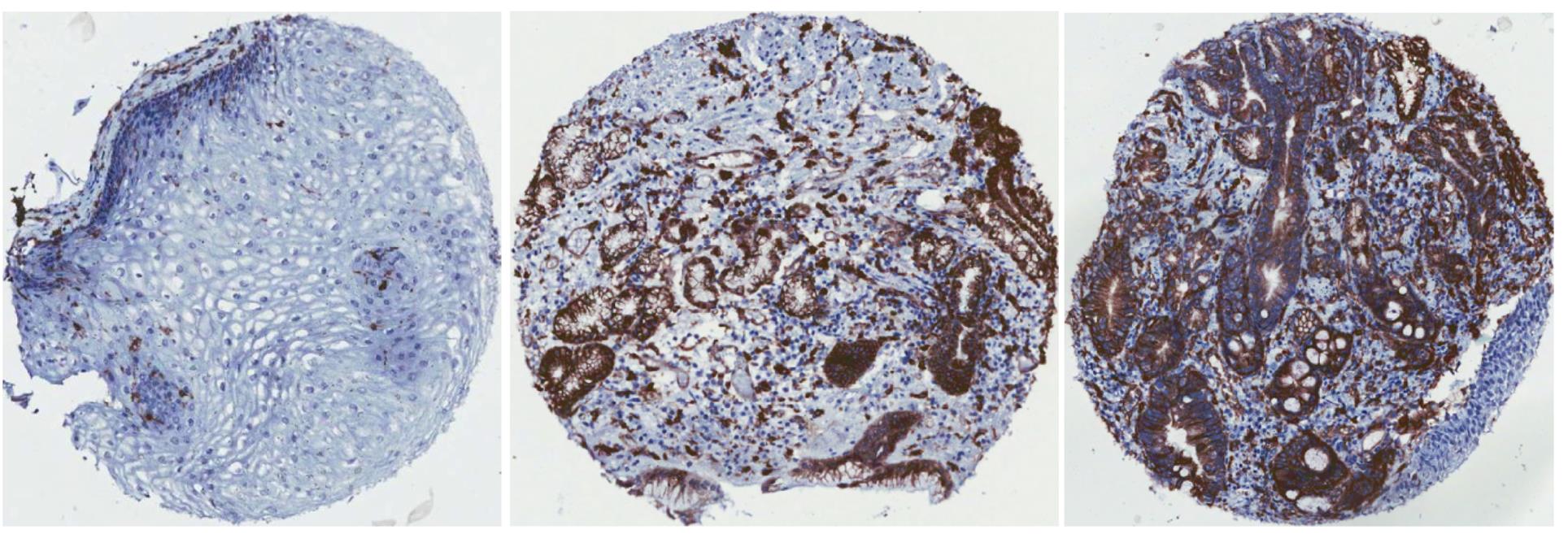
Department Of Surgery
Research from the Dept. of Surgery has been published in numerous peer reviewed journals. Some of research highlights can be viewed below. We also endeavour to encourage the future generation of researchers by participating in school talks across the country.
Published Research
- The Cancer-Immune Set Point in Oesophageal Cancer
- Rehabilitation strategies following oesophagogastric and Hepatopancreaticobiliary cancer (ReStOre II): a protocol for a randomized controlled trial.
- Examination and characterisation of burst spinal cord stimulation on cerebrospinal fluid cellular and protein constituents in patient responders with chronic neuropathic pain – A Pilot Study.
- Characterising the prognostic potential of HLA-DR during colorectal cancer development.
- Characterisation of the effects of pulsed radio frequency treatment of the dorsal root ganglion on cerebrospinal fluid cellular and peptide constituents in patients with chronic radicular pain: A randomised, triple-blinded, controlled trial.
- Barrett’s Registry Collaboration of academic centers in Ireland reveals high progression rate of low-grade dysplasia and low risk from nondysplastic Barrett’s esophagus: report of the RIBBON network.
- CD1d expression and invariant natural killer T-cell numbers are reduced in patients with upper gastrointestinal cancers and are further impaired by commonly used chemotherapies.
- CX3CL1 Signaling in the Tumor Microenvironment.
- Selective effects of radiotherapy on viability and function of invariant natural killer T cells in vitro.
- An investigation into the modulation of T cell phenotypes by amitriptyline and nortriptyline.
- Enhanced angiogenic function in response to fibroblasts from psoriatic arthritis synovium compared to rheumatoid arthritis.
- Immunotoxicity Considerations for Next Generation Cancer Nanomedicines.
- Differential Expression Profiles of Oxidative Stress Levels, 8-oxo-dG and 4-HNE, in Barrett’s Esophagus Compared to Esophageal Adenocarcinoma.
- Tumor microRNA-126 controls cell viability and associates with poor survival in patients with esophageal adenocarcinoma.
- Mucosal-Associated Invariant T Cells Display Diminished Effector Capacity in Oesophageal Adenocarcinoma.
- Measuring the impact of oesophagectomy on physical functioning and physical activity participation: a prospective study.
- Visceral Adipose Tissue Modulates Radiosensitivity in Oesophageal Adenocarcinoma.
- Altered T Cell Migratory Capacity in the Progression from Barrett Oesophagus to Oesophageal Adenocarcinoma.
- Characterisation of an Isogenic Model of Cisplatin Resistance in Oesophageal Adenocarcinoma Cells.
- Can the Efficacy of [18F]FDG-PET/CT in Clinical Oncology Be Enhanced by Screening Biomolecular Profiles?
- Pyrazinib (P3), [(E)-2-(2-Pyrazin-2-yl-vinyl)-phenol], a small molecule pyrazine compound enhances radiosensitivity in oesophageal adenocarcinoma.
- The Mitochondrial Genes BAK1, FIS1 and SFN are Linked with Alterations in Mitochondrial Membrane Potential in Barrett’s Esophagus.
- Obesity and gastrointestinal cancer: the interrelationship of adipose and tumour microenvironments.
- Leukaemia inhibitory factor is associated with treatment resistance in oesophageal adenocarcinoma.
- The RESTORE Randomized Controlled Trial: Impact of a Multidisciplinary Rehabilitative Program on Cardiorespiratory Fitness in Esophagogastric cancer Survivorship.
- pSTAT3 Levels Have Divergent Expression Patterns and Associations with Survival in Squamous Cell Carcinoma and Adenocarcinoma of the Oesophagus.
- CD3ε Expression Defines Functionally Distinct Subsets of Vδ1 T Cells in Patients With Human Immunodeficiency Virus Infection.
- Sarcopenia during neoadjuvant therapy for oesophageal cancer: characterising the impact on muscle strength and physical performance.
- Extratumoral PD-1 blockade does not perpetuate obesity-associated inflammation in esophageal adenocarcinoma.
- Human dorsal root ganglion pulsed radiofrequency treatment modulates cerebrospinal fluid lymphocytes and neuroinflammatory markers in chronic radicular pain.
- Patient experiences of a physiotherapy-led multidisciplinary rehabilitative intervention after successful treatment for oesophago-gastric cancer.
- Enrichment of Inflammatory IL-17 and TNF-α Secreting CD4(+) T Cells within Colorectal Tumors despite the Presence of Elevated CD39(+) T Regulatory Cells and Increased Expression of the Immune Checkpoint Molecule, PD-1.
- Obesity-associated cancer: an immunological perspective.
- Big Data-Led Cancer Research, Application, and Insights.
- Fractionated radiation exposure amplifies the radioresistant nature of prostate cancer cells.
- Low miR-187 expression promotes resistance to chemoradiation therapy in vitro and correlates with treatment failure in patients with esophageal adenocarcinoma.
- Anti-cancer effects of baicalein in non-small cell lung cancer in-vitro and in-vivo
- Parallel Profiles of Inflammatory and Effector Memory T Cells in Visceral Fat and Liver of Obesity-Associated Cancer Patients
- Evaluation of Cysteinyl Leukotriene Signaling as a Therapeutic Target for Colorectal Cancer.
- Preclinical validation of Quininib as a novel anti-angiogenic drug for colorectal cancer.
- Changes in mitochondrial stability during the progression of the Barrett’s esophagus disease sequence.
- Current targeted therapies in the treatment of advanced colorectal cancer: a review.
- Visceral obesity stimulates anaphase bridge formation and spinde assembly checkpoint dysregulation in radioresistant oesophageal adenocarcinoma.
- Dysregulated Bioenergetics: A key regulator of joint inflammation.
- Protein Kinase C Beta II suppresses colorectal cancer by regulating IGF-1 mediated cell survival.
- Examining the connectivity between different cellular processes in the Barrett tissue microenvironment.
- Impact of the inflammatory microenvironment on T-cell phenotype in the progression from reflux oesophagitis to Barrett oesophagus and oesophageal adenocarcinoma.
- CCR1 antagonism attenuates T cell trafficking to omentum and liver in obesity-associated cancer.
- The microenvironment of visceral adipose tissue and liver alter natural killer cell viability and function.
- MicroRNA-17 is downregulated in esophageal adenocarcinoma cancer stem-like cells and promotes a radioresistant phenotype.
- HLA-DR expression in tumor epithelium is an independent prognostic indicator in esophageal adenocarcinoma.
- A Quininib Analogue and Cysteinyl Leukotriene Receptor Antagonist Inhibits Vascular Endothelial Growth Factor (VEGF)-independent Angiogenesis and Exerts an Additive Antiangiogenic Response with Bevacizumab.
- Advances in Precision Medicine: Tailoring Individualised Therapies.
- Effects of a multimodal rehabilitation programme on inflammation and oxidative stress in oesophageal cancer survivors: the ReStOre feasibility study.
- Emerging Concepts linking obesity with the hallmarks of cancer.
- Impact of visceral obesity and metabolic syndrome on the postoperative immune, inflammatory, and endocrine response following surgery for esophageal adenocarcinoma.


